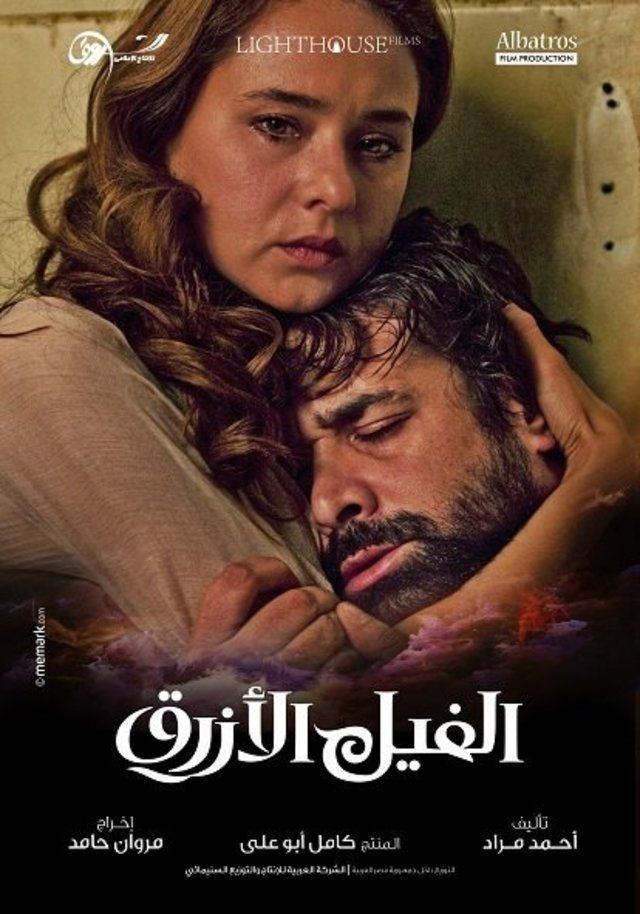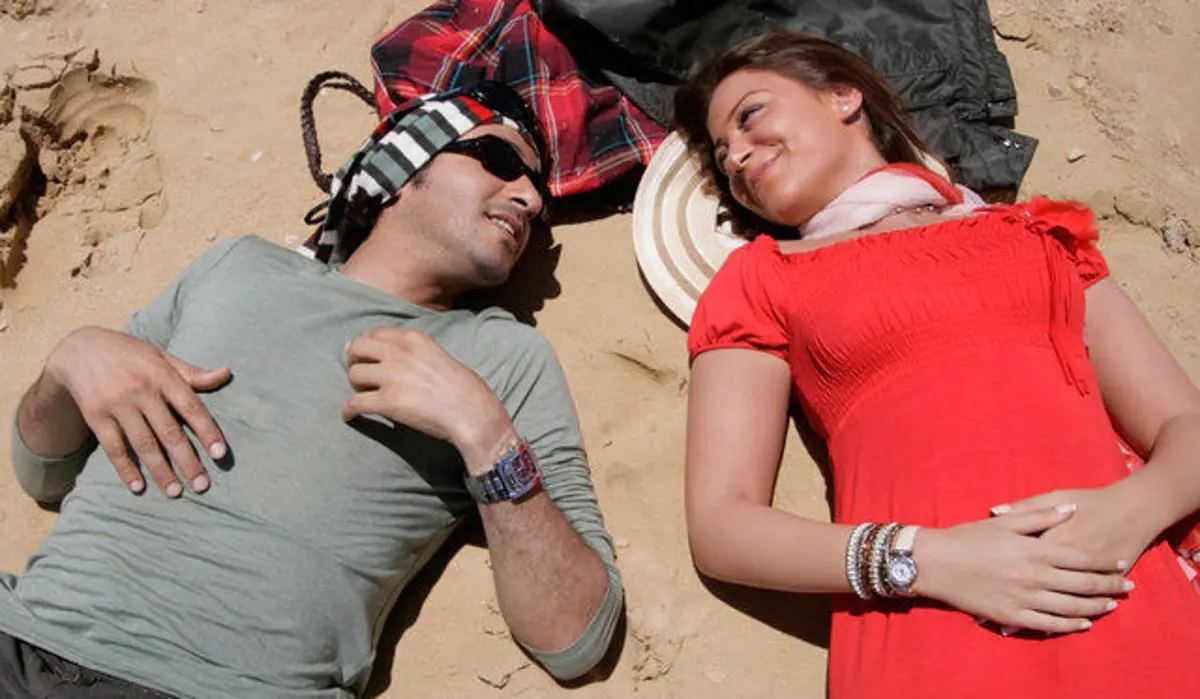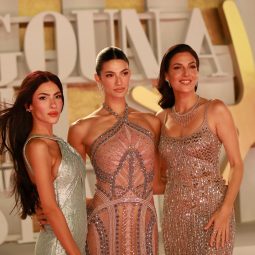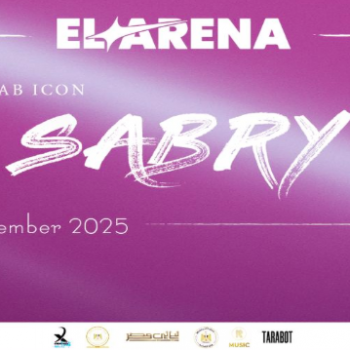Via Egypt Today
The women of Egypt haven’t been getting the best representation, have they? Despite the rising wave of empowerment for Egyptian women and how they’re now getting more recognition in this traditionally patriarchal society, Egyptian cinema still has a way to go when it comes to representing women in a better light. In most films that we see, women are still shown as either housewives or love interests, with very few women being more than that.
So, why are women still poorly portrayed in Egyptian cinema? Let’s dig in to find out!
Why are most movies mainly male-centred?
One explanation for this is that films are more commercial than TV, meaning that the studios care more about selling tickets rather than cinematic quality and diversity. Therefore, market studies help them figure out what kind of film the audience would pay money for. Sadly, Egyptians are more likely to watch a movie led by a male star than one led by a woman, as they tend to think that most female-led films are dramatic. Of course, the fact that men get to lead most action films doesn’t help either.
It’s time to admit the sad reality—it has become part of our subconscious to get excited to see a male star being funny, doing thrilling action sequences, or saving the day. However, if it were a woman doing those things with the same cinematic factors and quality, then the film probably won’t sell. In fact, if that ever happened, it would probably be a one-time experiment for the studio. This just goes to show how deeply rooted sexism is, even in largely experimental fields like film.

Via Youm 7
Women are usually portrayed as love interests
Typecasting is a curse that has endured for decades in our films and TV shows. Unfortunately, Egyptian actresses have been the victims of this cinematic tragedy as they are always cast in the same particular roles: The funny co-worker, the super attractive yet toxic love interest, the devoted wife/girlfriend, or the soulless sex symbol that gets the tickets sold.
In Egyptian TV, things are much more different. The TV sphere is far more diverse and advanced. Women have starred in their own shows and broken the chain of being typecast, with shining examples being shown in Nelly Karim and Menna Shalaby. However, when these female icons take on cinematic roles, they are still mainly stuck in one of the stereotypes mentioned earlier. Why are we forcing our talented actresses to play support systems to men rather than doing anything else?

Via El-Bawaba
No, we’re still far from change (AKA The problem with Hend Sabri and Ruby in Kira Wa El-Ginn)
The legendary Hend Sabri has been one of our favourite acting giants for some time now, for roles in major cinematic gems. Her TV shows are also highly entertaining and rich, both in storyline and characters.
With an acting range that is clearly strong and diverse, Hend Sabri starred in Kira Wa El-Ginn, playing a female rebel from Upper Egypt who fights the English occupation. However, her stellar performance aside, we could not enjoy her presence as much as we wanted because the narrative relied on the male characters.
Even when Sabri’s character was forced to (spoiler alert!) meet her death at the hands of her brother to ‘purify the family shame’, we felt short-changed because of how little we knew the character.
Furthermore, Ruby, a formidable singer and actress, has undoubtedly proved her dramatic capabilities in various films and TV shows. However, the crew behind Kira Wa El-Ginn chose to corner her in the surprisingly small role of Kira’s supportive wife and mother of his child, who is always silent. Needless to say, she also met her death via an illness she got due to her husband’s neglect. The film is set in 1919, we know, but this is 2022, and a woman’s role shouldn’t be this cancelled out!








